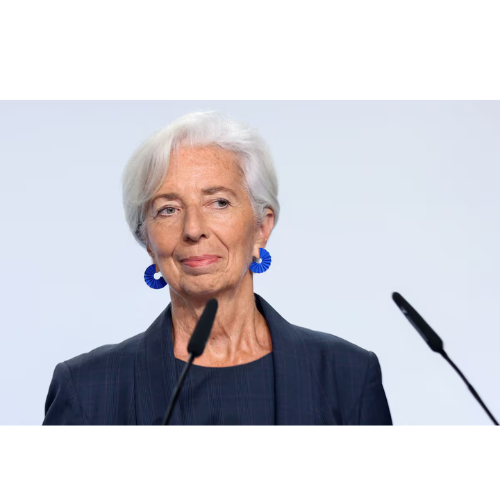In a volatile global economic landscape, two developments have overshadowed the day’s headlines: a dire warning from ECB President Christine Lagarde about political threats to the independence of central banking, and a sharp divergence in manufacturing trajectories—Europe showing signs of revival, while Asia remains mired in contraction.
A Dire Warning: Political Interference in Monetary Policy
Christine Lagarde has issued a stark warning: any attempt by U.S. political figures to influence or remove key Federal Reserve officials poses a “very serious danger” to the U.S. economy and to the entire global financial system.
Such interference would shatter the institutional foundations that anchor global financial stability—potentially triggering soaring inflation, destabilized markets, and undermined confidence in central bank autonomy worldwide. Lagarde’s statement is a clarion call: without independent, rule-bound monetary institutions, the global economy risks sliding into unpredictable turbulence.

Europe’s Manufacturing Rebound—A Mirage or a Turning Point?
August data brings a surprising twist in the global economic story. The Eurozone’s manufacturing PMI climbed to 50.7, signaling its first expansion since mid-2022. This revival, propelled by strong domestic demand, was led by Spain and Greece, even as Germany’s output contracted at a slower rate.
This tentative rebound contrasts with Asia’s ongoing slump. Manufacturing activity deteriorated further in Japan (49.7), South Korea (48.3), and Taiwan—underscoring their heightened vulnerability to American trade barriers and intensifying competition in low-cost sectors. Even within China, data remains mixed: the private RatingDog PMI shows slight growth (50.5), while official figures still point to contraction. India stands out as an exception, posting its fastest manufacturing pace in 17 years—though it’s not immune to looming U.S. tariffs on goods like garments and jewelry.
What Comes Next?
1. Reaffirming Central Bank Independence as a Global Imperative
Lagarde’s alarm underscores a rising global need to shield monetary policy from political caprice. Nations must reinforce the autonomy of central banks and reaffirm their role as stabilizers—without fear of coercion. Economic actors and sovereigns must resist political encroachment that threatens financial order.
2. Europe’s Moment Must Be Seized—Before It Slips Away
Europe’s manufacturing upswing could signal effective adaptation to global headwinds. Strategic investment in infrastructure, innovation, and intra-regional trade could help sustain momentum. However, success is far from guaranteed unless governments act with urgency.
3. Asia Needs Structural Rebalancing
Asia’s manufacturing backslide highlights the urgency of reducing overreliance on export-led growth. Diversifying markets, upskilling labor, and targeting high-value sectors like technology and green energy are essential steps. India’s strong performance offers a roadmap.
